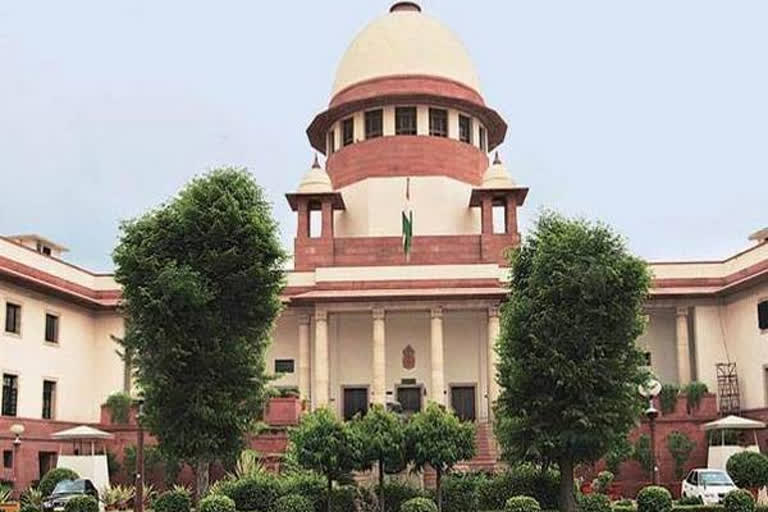New Delhi:A technical committee set up to look into the allegations of government allegedly using Israeli software Pegasus to spy on politicians, activists, and journalists, has submitted its interim report in the Supreme Court.
A bench of Chief Justice of India NV Ramana and Justices Surya Kant and Hima Kohli will take up the pending petitions for hearing on February 23 and peruse the interim report.
Last year, the apex court had appointed an expert technical committee, headed by former top court judge to look into the allegations of snooping by Pegasus. The top court had said that in a democratic country governed by the rule of law, "indiscriminate spying on individuals cannot be allowed." It ordered formation of a three-member committee, headed by former top court judge RV Raveendran.
The top court had noted that in the absence of Centre not clarifying its stand on the issue, the court had no option but to set up an expert panel. The Centre had refused to file a detailed affidavit on the issue citing national security.
Justice Raveendran was assisted by former IPS officer Alok Joshi and chairman of the sub-committee in the International Organisation of Standardisation/ International Electro-Technical Commission's Joint Technical Committee, Sundeep Oberoi.
The top court in its order had said, "We live in the era of information revolution, where the entire lives of individuals are stored in the cloud or in a digital dossier. We must recognize that while technology is a useful tool for improving the lives of the people, at the same time, it can also be used to breach that sacred private space of an individual." Members of a civilized democratic society have a reasonable expectation of privacy, CJI Ramana had said.
"Privacy is not the singular concern of journalists or social activists. Every citizen of India ought to be protected against violations of privacy. It is this expectation which enables us to exercise our choices, liberties, and freedom. As with all the other fundamental rights, this Court therefore must recognize that certain limitations exist when it comes to the right to privacy as well. However, any restrictions imposed must necessarily pass constitutional scrutiny," the bench had added in its order.
As with all the other fundamental rights, this Court therefore must recognize that certain limitations exist when it comes to the right to privacy as well, the top court had said, adding that however, any restrictions imposed must necessarily pass constitutional scrutiny. The apex court had said that it is cognizant of the State's interest to ensure that life and liberty are preserved and must balance the same.
